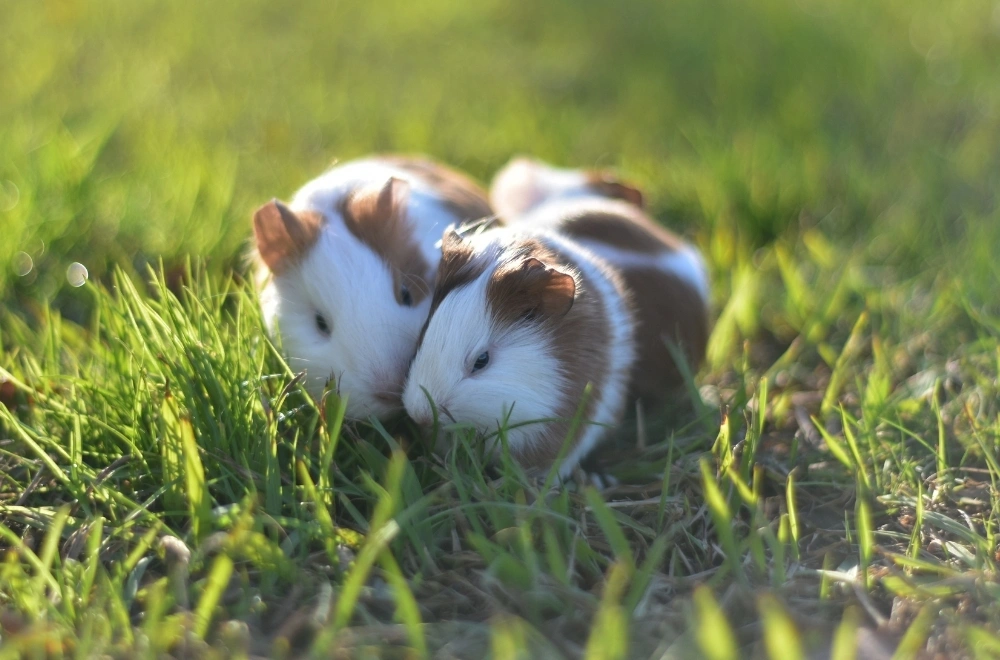Choosing your first pet can be an exciting yet overwhelming experience. Small pets are often the best choice for beginners due to their manageable size, lower maintenance requirements, and shorter lifespans compared to larger animals like dogs or cats. However, each small pet has unique needs, temperaments, and care requirements.
In this guide, we’ll explore the best small pets for first-time owners, covering their pros, cons, and essential care tips to help you make an informed decision.
1. Hamsters
Why They’re Great for Beginners
Hamsters are one of the most popular small pets for first-time owners. They are relatively low-maintenance, inexpensive, and don’t require much space.
Pros:
- Affordable – Initial setup and food costs are low.
- Independent – They don’t need constant attention.
- Small size – Perfect for apartments or small homes.
- Variety of breeds – Syrian hamsters (larger and solitary) vs. dwarf hamsters (smaller, some can live in pairs).
Cons:
- Nocturnal – They are most active at night, which may disrupt sleep.
- Short lifespan – Typically live 2-3 years.
- Can be nippy – Some may bite if startled.
Care Tips:
- Provide a spacious cage with a wheel for exercise.
- Feed a balanced diet of hamster pellets, fresh veggies, and occasional treats.
- Handle gently to build trust.
Best For: Owners who want a low-maintenance, independent pets.
2. Guinea Pigs
Why They’re Great for Beginners
Guinea pigs are social, friendly, and relatively easy to care for, making them ideal for first-time owners who want an interactive pets.
Pros:
- Sociable & vocal – They squeak and interact with owners.
- Longer lifespan – Live 5-7 years with proper care.
- Easy to handle – Generally docile and rarely bite.
- Can live in pairs – They thrive with companionship.
Cons:
- Require more space – Need a large cage or enclosure.
- Higher maintenance – Need daily fresh veggies and vitamin C.
- Messier – Require frequent cage cleaning.
Care Tips:
- Provide a large cage (at least 7.5 sq ft for one pig).
- Feed hay, pellets, and fresh vegetables daily.
- Pair them up – They get lonely alone.
Best For: Owners who want a friendly, interactive pet and don’t mind daily care.
3. Rats
Why They’re Great for Beginners
Rats are highly intelligent, affectionate, and social pets, making them a fantastic choice for first-time owners who want a smart, engaging companion.
Pros:
- Highly intelligent – Can learn tricks and recognize owners.
- Affectionate – Enjoy cuddling and human interaction.
- Social – Should be kept in pairs or small groups.
- Low odor (compared to other rodents).
Cons:
- Short lifespan – Only 2-3 years.
- Need large cages – Require vertical space for climbing.
- Prone to respiratory issues – Need clean bedding.
Care Tips:
- Provide a multi-level cage with toys and hiding spots.
- Feed lab blocks, fresh veggies, and occasional protein.
- Handle daily to keep them tame and happy.
Best For: Owners who want a smart, affectionate pet with personality.
4. Gerbils
Why They’re Great for Beginners
Gerbils are active, curious, and low-odor pets, making them a great alternative to hamsters for first-time owners.
Pros:
- Very active & entertaining – Love digging and burrowing.
- Low odor – Cleaner than many small pets.
- Social – Should be kept in same-sex pairs.
- Longer lifespan than hamsters – 3-5 years.
Cons:
- Fast & skittish – Harder to handle than guinea pigs.
- Need deep bedding – For burrowing.
- Chew everything – Require wooden toys to gnaw on.
Care Tips:
- Use a glass or plastic tank (they can chew through wire cages).
- Provide deep bedding for burrowing.
- Feed a gerbil-specific seed mix with occasional veggies.
Best For: Owners who want an active, low-odor pet to watch rather than handle frequently.
5. Rabbits
Why They’re Great for Beginners
Rabbits are gentle, social, and can be litter-trained, making them a rewarding pet for responsible first-time owners.
Pros:
- Can be litter-trained – Easier cleanup.
- Social & bond with owners – Can be very affectionate.
- Long lifespan – 8-12 years with proper care.
- Quiet – Unlike dogs or birds.
Cons:
- Need lots of space – Require a large pen or free-roam area.
- Chew everything – Must bunny-proof your home.
- Vet bills – Need specialized exotic vets.
Care Tips:
- Feed unlimited hay, fresh greens, and limited pellets.
- Provide daily exercise outside the cage.
- Spay/neuter to prevent health and behavioral issues.
Best For: Owners willing to commit to a long-term, interactive pet.
6. Leopard Geckos (Bonus Reptile Option)
Why They’re Great for Beginners
For those interested in reptiles, leopard geckos are one of the easiest to care for.
Pros:
- Low maintenance – Don’t need daily feeding.
- Docile – Rarely bite and can be handled.
- Long lifespan – 10-20 years.
- No UVB lighting required (unlike other reptiles).
Cons:
- Need controlled temperatures – Heat mat required.
- Live insects diet – Must feed crickets/mealworms.
- Not cuddly – More for observation than interaction.
Care Tips:
- Keep in a 20-gallon tank with a heat mat.
- Feed gut-loaded insects dusted with calcium.
- Provide hides and a moist hide for shedding.
Best For: Owners who prefer a low-maintenance, unique pet.
Final Thoughts: Which Pet is Right for You?
- For low-maintenance: Hamster or gerbil.
- For social interaction: Guinea pig or rat.
- For long-term companionship: Rabbit.
- For a unique pet: Leopard gecko.
Before choosing, research thoroughly and ensure you can meet the pet’s needs for its entire lifespan. Small pets may be easier than dogs or cats, but they still require proper care, attention, and love.
Would you like recommendations on where to adopt or buy these pets? Let me know in the comments!
